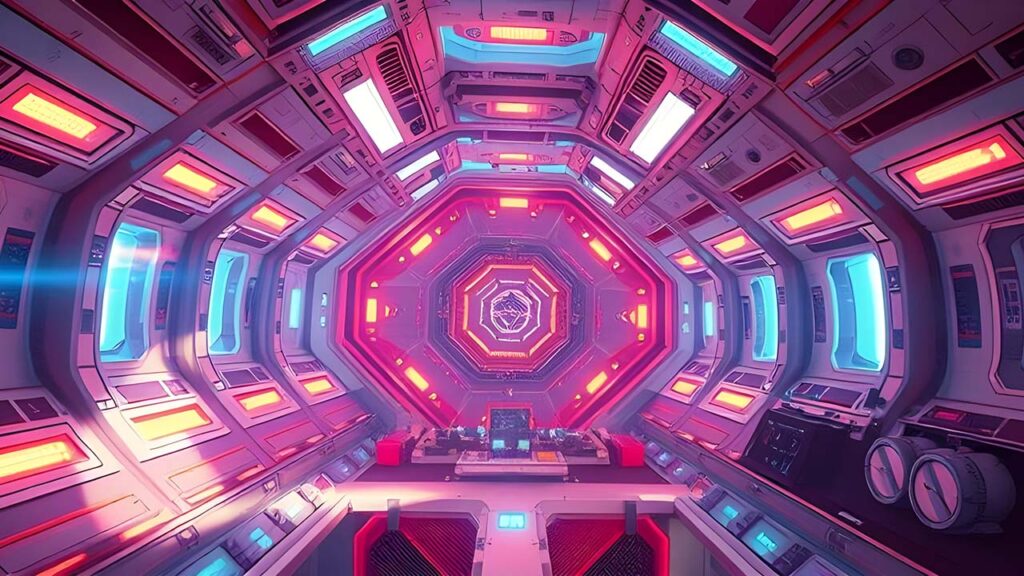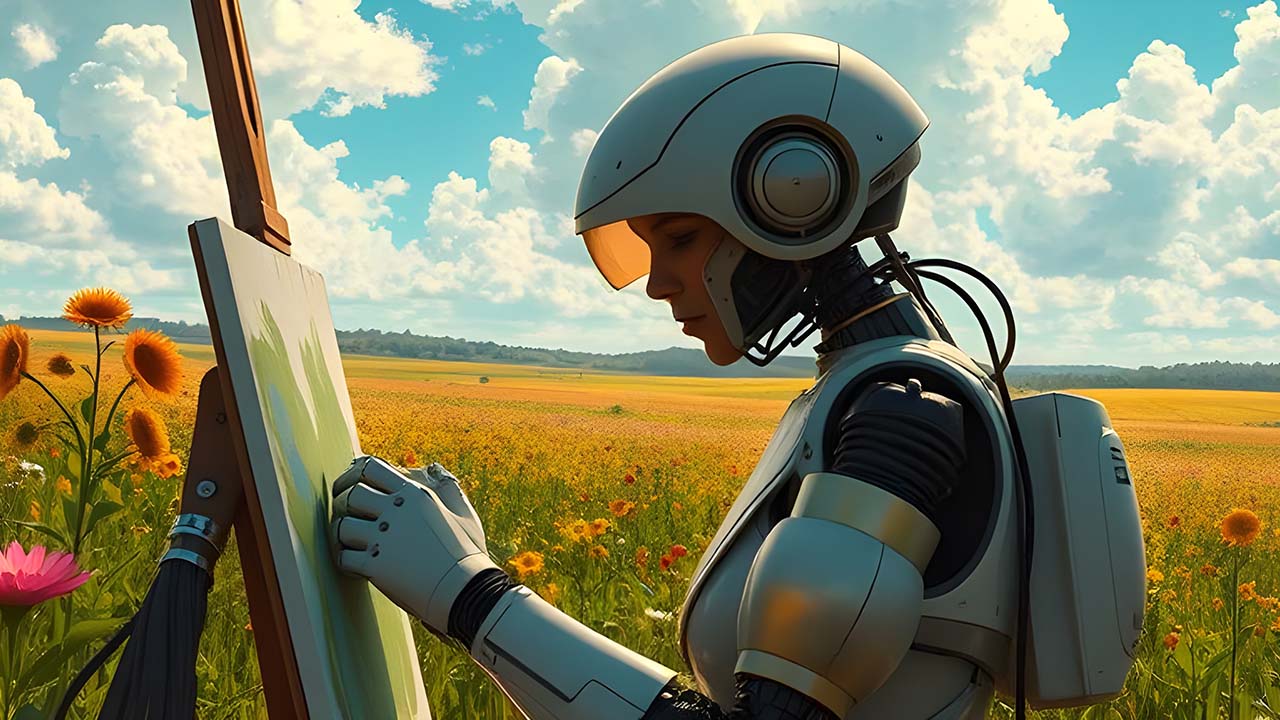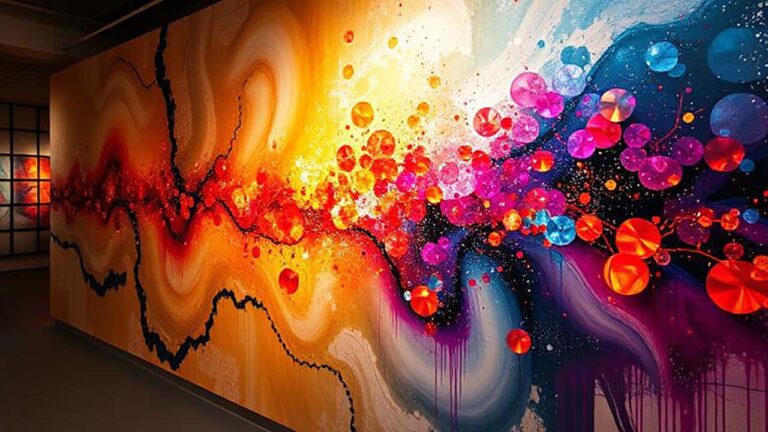
Although the development of artificial intelligence is advancing rapidly and seems to replace human wrkload on this planet, it is only a means of marketing to create demand by creating panic. On a practical level, AI production has the potential to significantly impact traditional production methods, but it’s unlikely to completely replace them. Instead, AI production will likely augment and transform traditional production processes, leading to increased efficiency, productivity, and innovation.
In some areas, AI production is already being used to replace traditional methods, such as:
1. Content creation: AI-generated content, like music, videos, and articles, is becoming increasingly common.
2. Manufacturing: AI-powered robots and machines are being used to automate tasks, improve quality, and reduce costs.
3. Data analysis: AI algorithms are being used to analyze large datasets, identify patterns, and make predictions, replacing traditional data analysis methods.
However, there are several reasons why AI production won’t completely replace traditional production:
1. Human touch: Many products and services require a human touch, such as creativity, empathy, and emotional intelligence, which are difficult to replicate with AI alone.
2. Complexity: Some production processes are too complex or nuanced to be fully automated, requiring human expertise and judgment.
3. Quality control: While AI can improve quality control, human oversight is still necessary to ensure that products meet certain standards.
4. Customization: Traditional production methods can be more flexible and adaptable to customization requests, which may not be possible with AI production alone.
Instead, AI production will likely lead to a hybrid model, where AI and human production methods are combined to create new and innovative products, services, and experiences. This hybrid approach will enable businesses to:
1. Augment human capabilities: AI can enhance human productivity, accuracy, and creativity, leading to better outcomes.
2. Automate routine tasks: AI can take over routine, repetitive tasks, freeing up humans to focus on higher-value tasks.
3. Create new opportunities: AI production can enable new business models, products, and services that were previously not possible.
In summary, while AI production will certainly disrupt traditional production methods, it’s unlikely to replace them entirely. Instead, AI will augment and transform traditional production, leading to increased efficiency, innovation, and competitiveness. Especially in the field of art that creates nourishment for the human soul and conveys the imagery of truth, goodness, and beauty, the development of AI will provide greater assistance.




